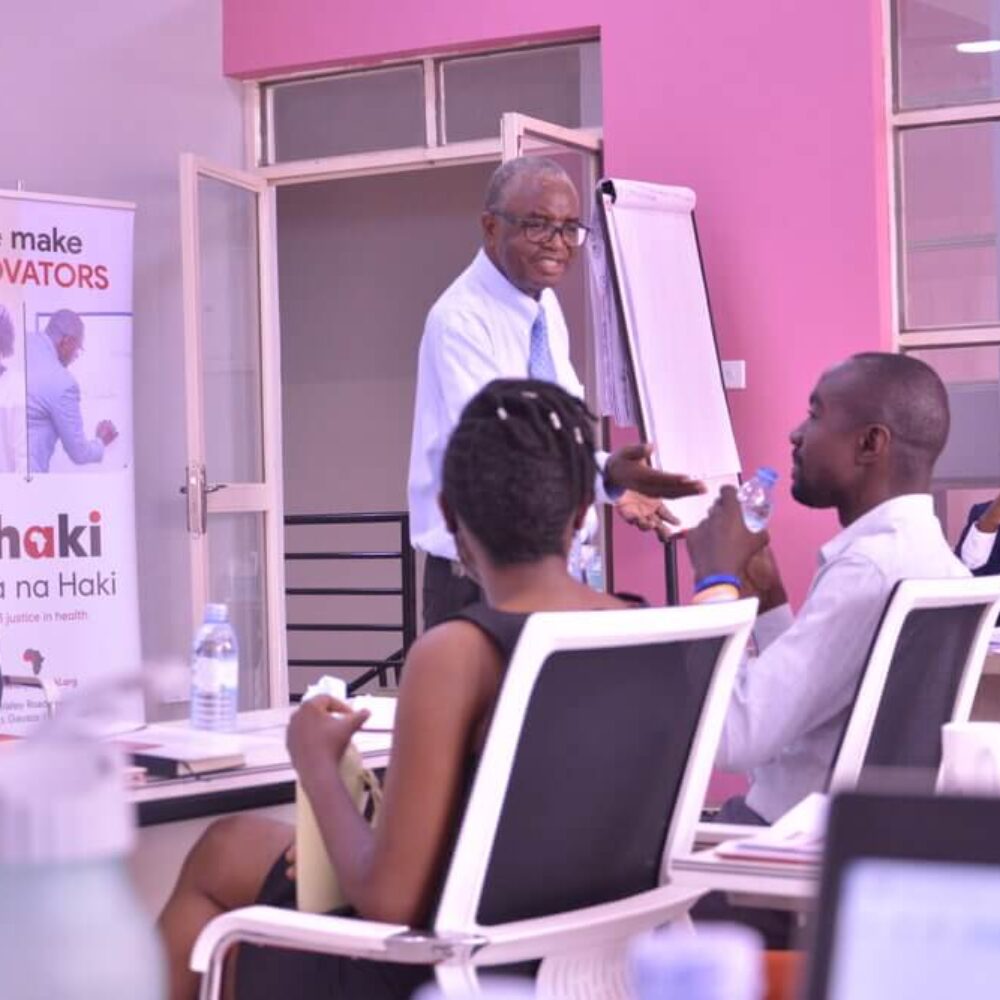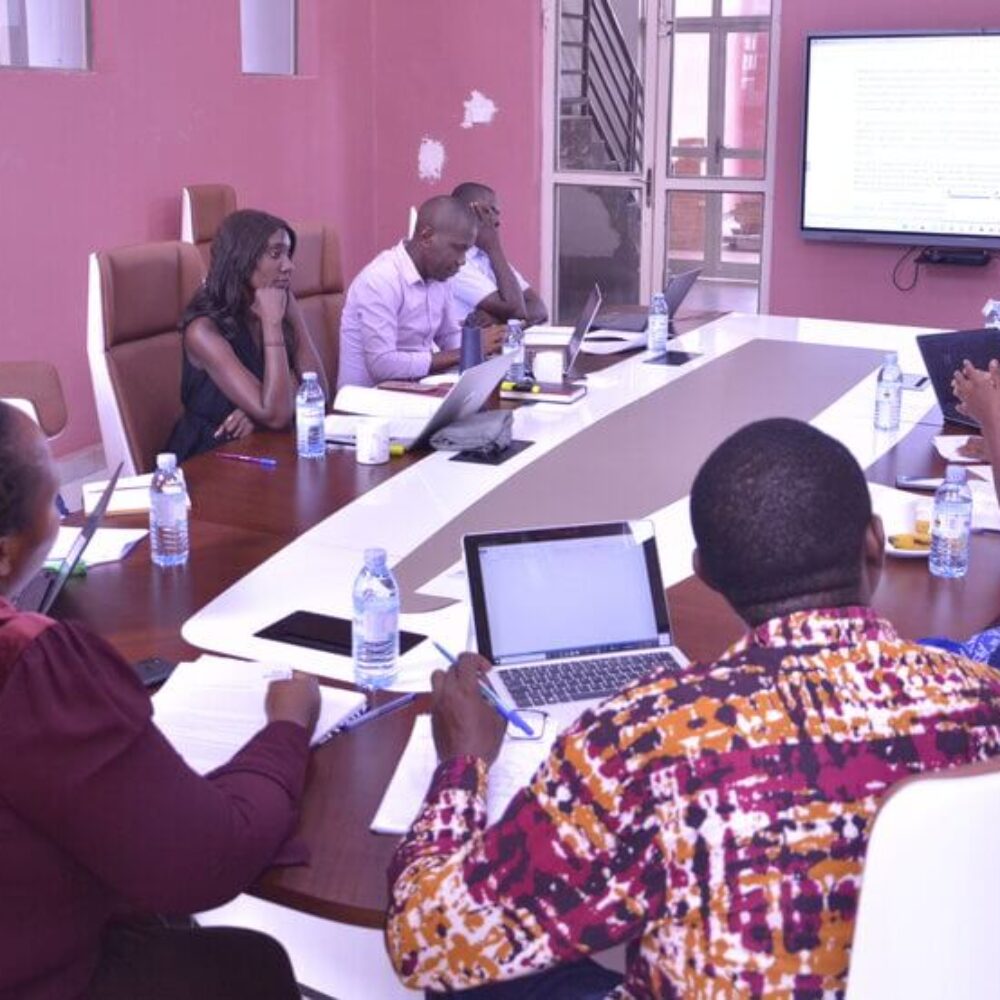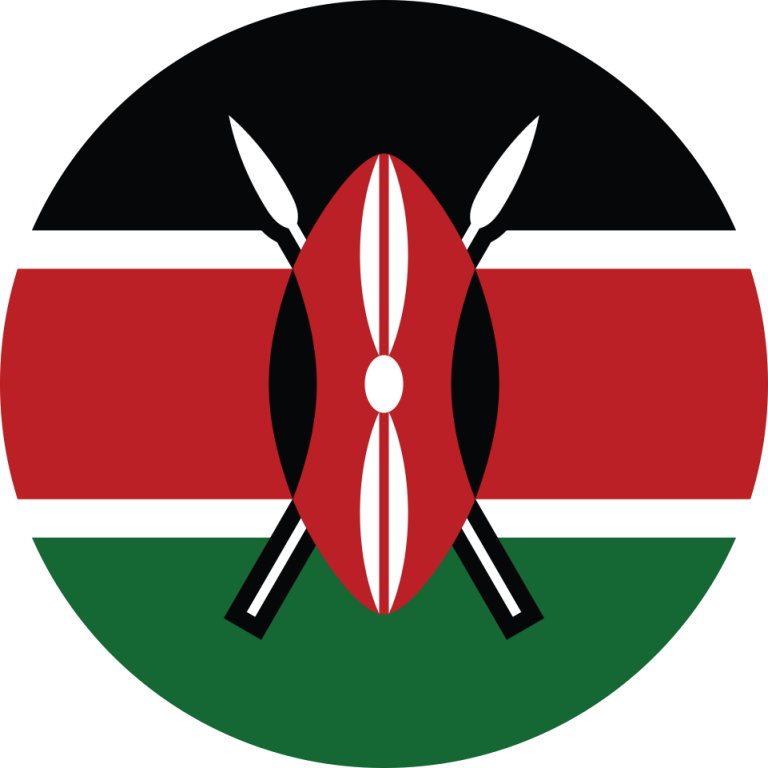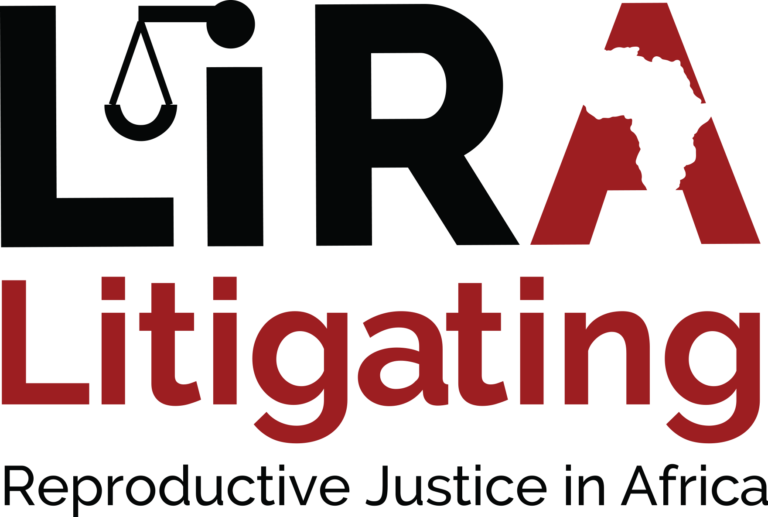Kenya
Before the promulgation of the 2010 Constitution, abortion in Kenya remained largely criminalised and stigmatised, with women being imprisoned and medical providers who offered safe abortion services prosecuted. The 2010 Constitution permits safe abortion on a wide array of circumstances, and is complemented by county laws that are increasingly emerging to allow for safe abortion. The Constitutional provision in Article 26(4) which prohibits abortion ‘unless there is need for emergency treatment or the life or health of the mother is in danger or if permitted by any other written law’ is operationalised by provisions of the 2017 Health Act.
Acts
Cases
Policies
The decision in FIDA – Kenya & Ors v The Attorney General & Ors 24 is illustrative. Between 2013-2014, the Kenyan Director of Medical Services withdrew the 2012 Standards and Guidelines for Reducing Morbidity and Mortality from Unsafe Abortion in Kenya and the National Training Curriculum for the Management of Unintended, Risky and Unplanned Pregnancies, respectively. In June 2018, JMM, who had barely just turned 18, died due to complications arising from a botched back-alley abortion in an attempt to terminate a pregnancy resulting from rape. She had sought to terminate the procedure. Activists and JMM’s mother petitioned the High Court of Kenya, linking the withdrawal of the guidelines to JMM’s death which they argued was a violation of her right to life and health. The petitioners argued that the withdrawal of the guidelines deprived individuals, like JMM, of the necessary information required.








